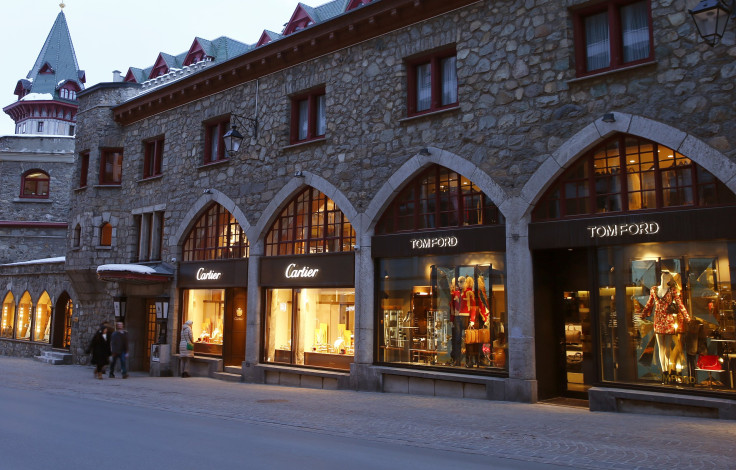Luxury Brand Sales 2016: How Terror Attacks Hurt The Economy As Tourism Slows In Europe, Asia

Terrorist attacks abroad can many times inflict widespread damage, and their effect on global luxury goods is no different. While the violence has had a negative impact tourism in certain destinations, it has also recently had an adverse effect on sales in the luxury goods industry.
Financial reports released Wednesday for luxury companies Hermès International and Cartier’s parent company Compagnie Financière Richemont — which owns luxury jeweler and timepiece brands Montblanc, Piaget and Cartier — both revealed weak sales. Compagnie Financière Richemont characterized its lag as a “softening” in sales, Market Watch reported.
There was also a decrease in demand for luxury goods reported in Asia. Compagnie Financière Richemont attributed its drop in sales throughout Europe, especially in France, to a decrease in tourist activity.
The French company revealed that its operating profit might drop by around 45-percent from the previous year, six months through September. It was among several companies with shares that “lost the most ground” (1.4-percent to 58.95 Swiss francs), according to WWD. Others included Ted Baker, Hugo Boss and Swatch Group.
The Swiss watch industry also disclosed unfavorable sales numbers, and the Federation of the Swiss Watch Industry provided data that showed “exports sank 14.2-percent in July,” taking the figure to 1.54 billion Swiss francs (or $1.61 billion).
Hermès International suffered a similar fate with its sales falling this year by 8.8-percent.
Markets analyst at ETX Capital Neil Wilson told Market Watch he attributed the declines to the recent attacks in Paris specifically, saying in part that “terror attacks across the continent have undoubtedly been a factor.”
Chinese consumers have also “underperformed” luxury brand’s expectations during the year.
There was hope for the European market as tourism wouldn’t dwindle forever, Wilson said optimistically. “Tourists will return to Europe, but it’s less certain whether Asian demand will ever again support the kind of growth in luxury goods seen in recent years,” he said.
© Copyright IBTimes 2025. All rights reserved.





















